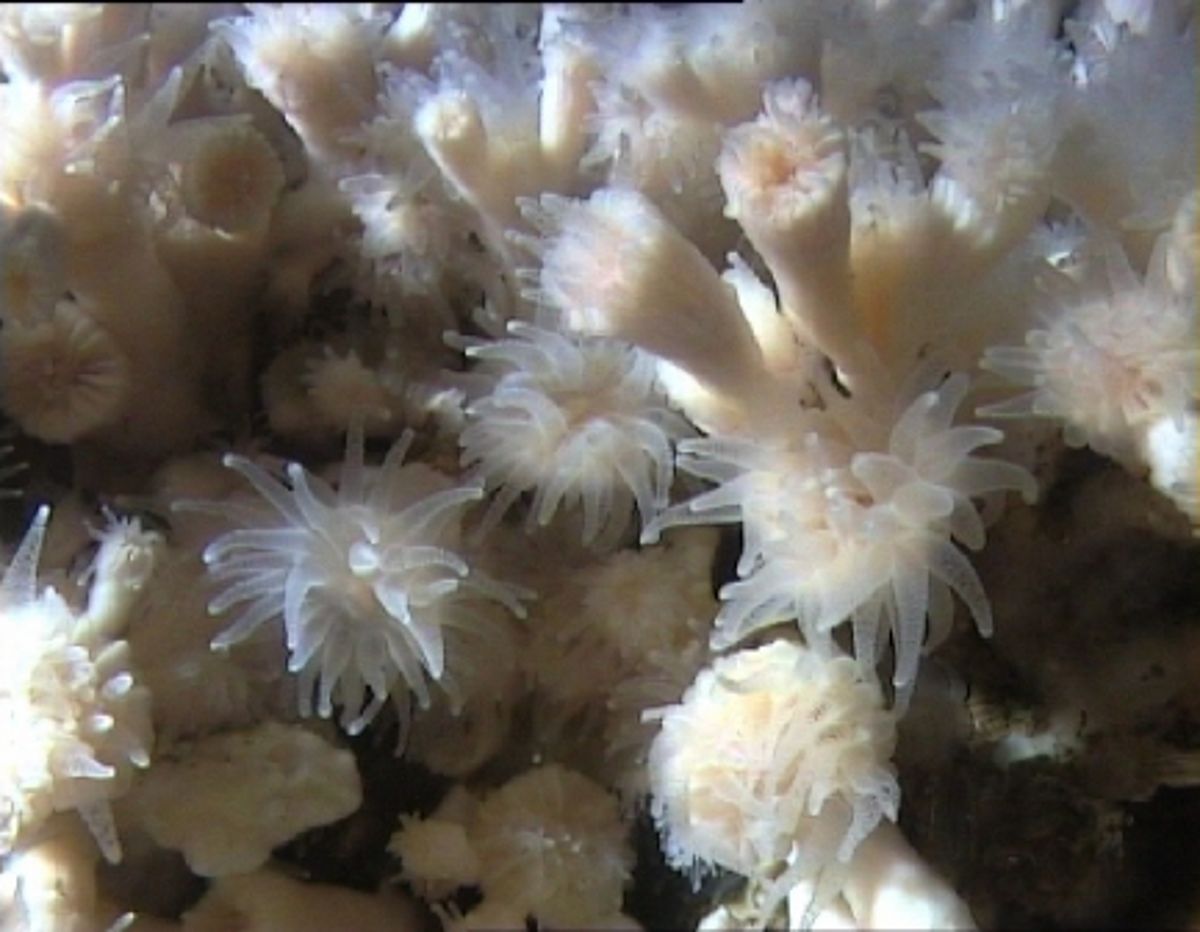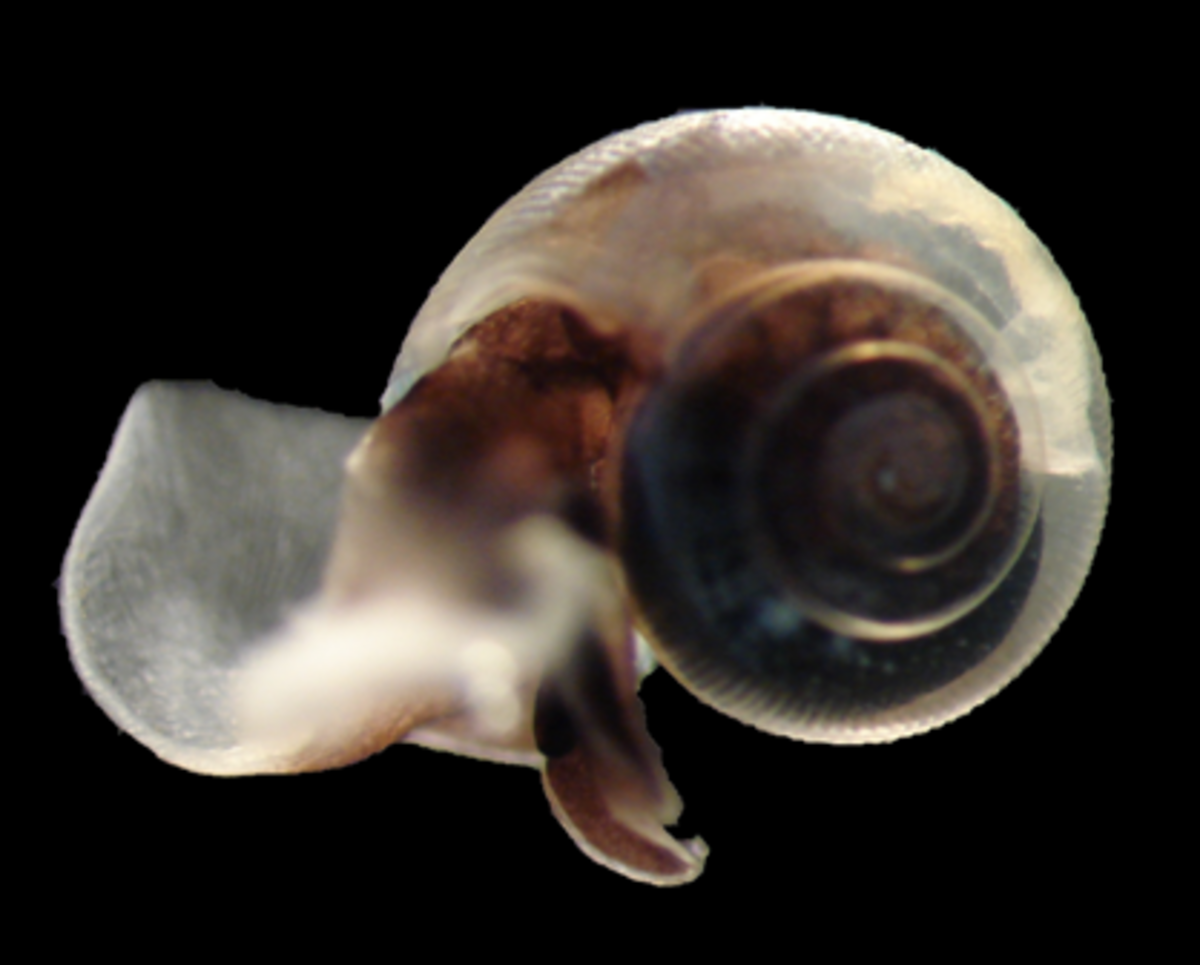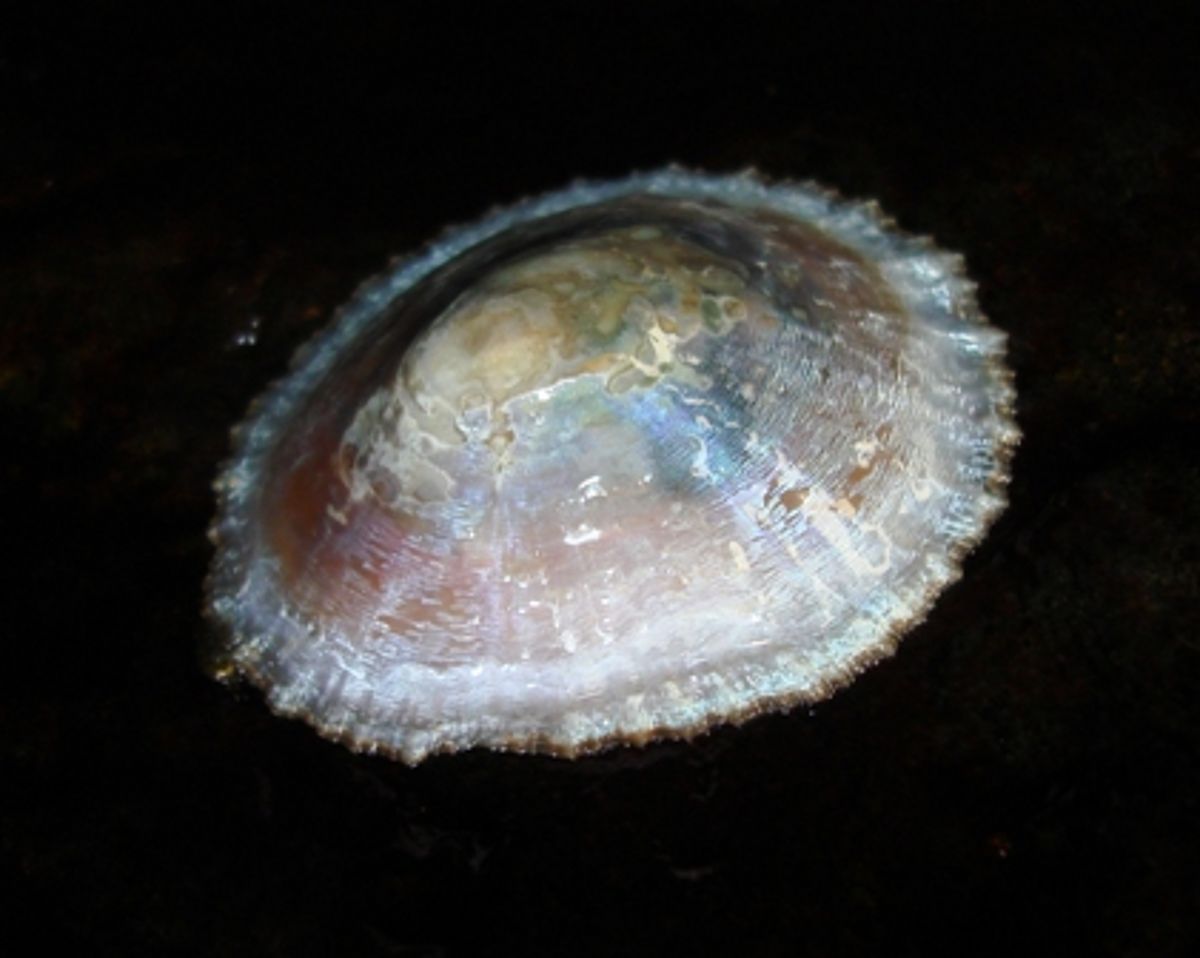Biogenic calcification, the formation of calcium carbonate by living organisms, is performed by a wide range of marine taxa. The shells and skeletons produced by calcifying organisms do not only have a vital function for the physiology and ecology of their producers, they also play a key role in biogeochemical cycling as ballast for sinking particulate matter and by transporting carbon and alkalinity to depth via the biological pump. Multiple studies have shown biogenic calcification to be highly sensitive to ocean acidification. It may be equally sensitive to ocean warming, both through temperature control of the distribution of marine calcifiers and through synergistic effects with ocean acidification. Research in this area at GEOMAR covers a wide range of topics, including studies on (i) the subcellular mechanisms of calcification in model organisms, (ii) the physiological responses to ocean change in a variety of key taxa, including coccolithophores, foraminifera, pteropods, cold water corals, coralline algae, molluscs and echinoderms, (iii) community level responses in systems dominated by calcifying organisms, and (iv) impacts of calcification changes on biogeochemical processes. (BIOACID,EPOCA)





